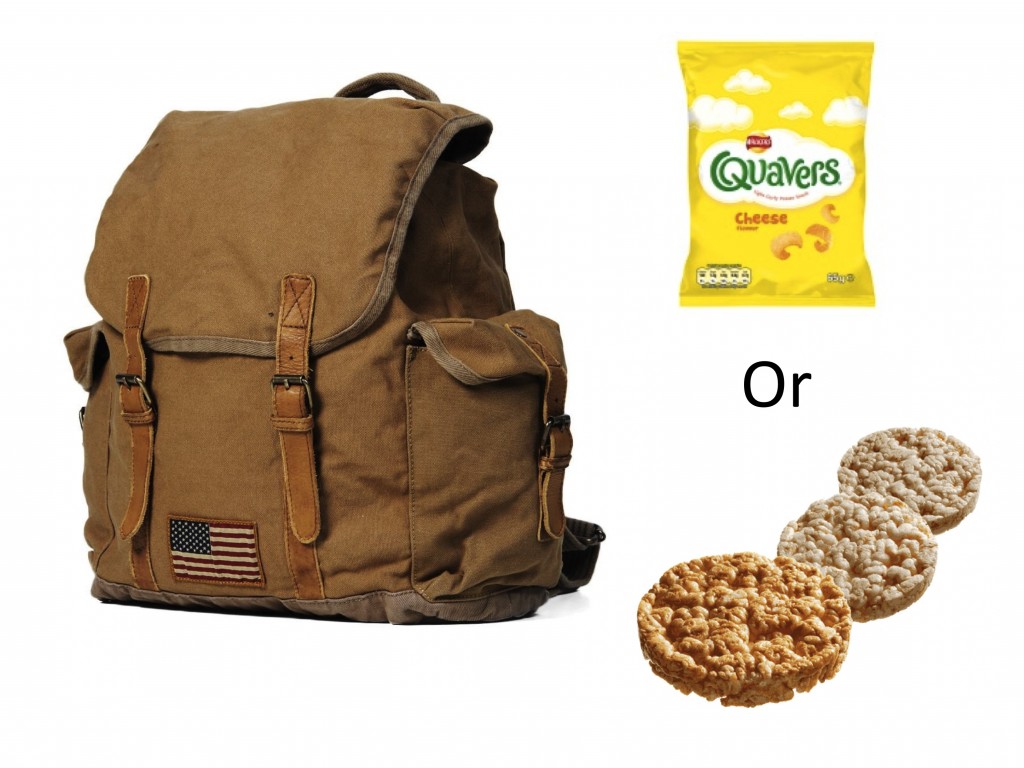Scientific investigations for GCSE and KS3
The following investigations can be modified to focus on developing specific skills relevant to your class. These practicals are advantageous because they are relatively safe and inexpensive to carry out, giving students the freedom to change methods and work with a real sense of autonomy. For ideas on how to teach specific skills, such as reliability and validity, please click here.
Science investigations for students aged 11 to 14
GCSE/KS3 practical to investigate how the rate of diffusion is affected by temperature. Students measure the rate of diffusion of food dye in water at different temperatures. At the end of the practical, students apply their understanding of diffusion and temperature to gas exchange in cold-water worms. (PDF)
Science investigations for students aged 14 to 16
GCSE investigation to determine how much energy is stored inside food. This practical activity helps students determine whether Quavers or rice cakes contain more energy inside their chemical store. Students calculate the temperature changes per gram of food to decide whether they would take rice cakes or Quavers on their mountain adventure. You could adapt this activity to include calculations involving the specific heat capacity of water. (PDF)
GCSE practical investigation to calculate an enthalpy change for an ice pack. Students imagine they work for a sports company that makes cool packs to treat injuries. They evaluate a reaction and determine its suitability for use in a cool pack. This method requires students to read a thermometer to the dearest 0.5 of a degree. (PDF)
STEM challenges
A range of different STEM challenges that can be both incorporated into lessons or clubs available at http://practicalaction.org/stem
CREST awards
A range of science projects for students to work on as part of the CREST award.

